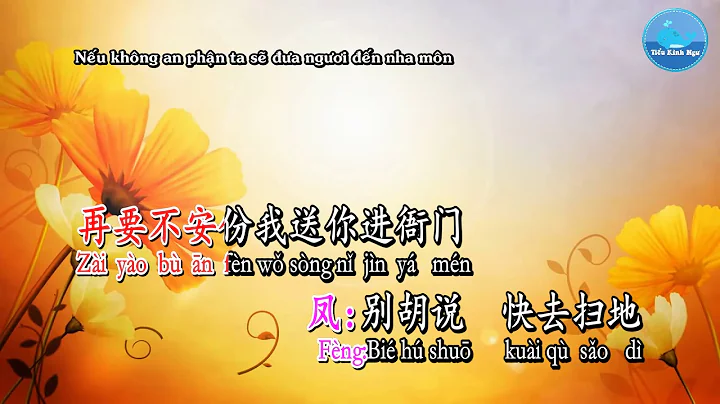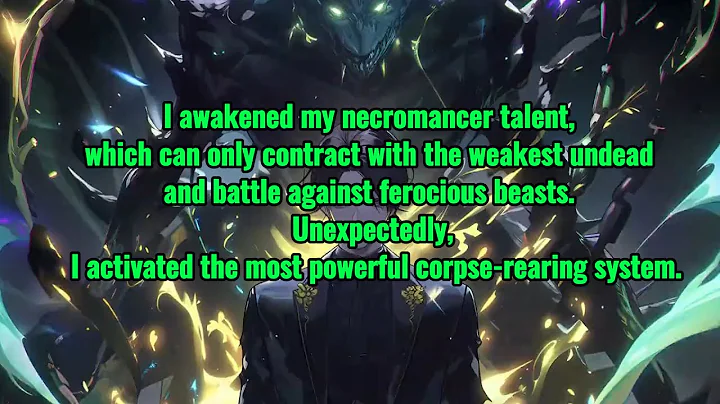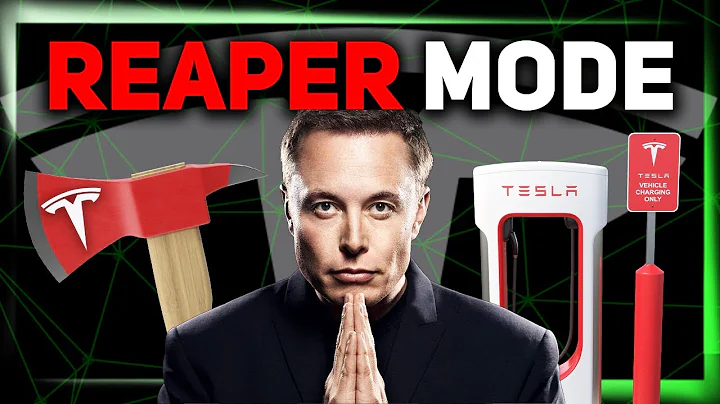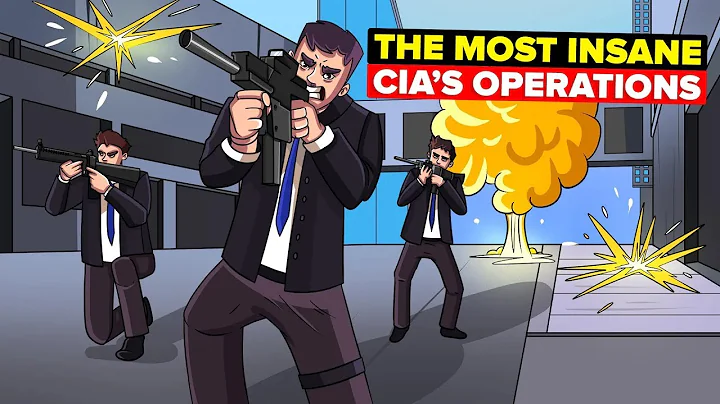
(Zhu Houzhao, Emperor Wuzong of Ming Dynasty)
Zhengde Sixteenth year, AD 1521, April 20th.
On this day, the most troubled emperor in the history of the Ming Dynasty, Ming Wuzong Zhu Houzhao, passed away.
Zhu Houzhao had a very rich life. He drove a KTV (Leopard Room) in the Forbidden City, fought the Mongols outside Shanhaiguan, and also wiped out the King Ning Zhu Chenhao who wanted to rebel. The emperor was happy, melancholy, and indulgent. , he was also crazy, but now, his life is coming to an end, and his life is coming to an end.
There is no way. This country is the master and people are guests. Even if the emperor is reluctant to leave, he still has to wave goodbye.
What's more, Comrade Zhu Houzhao is not a person who has a reluctance to give up on the world. He walked gracefully and calmly. It can be said that he waved his sleeves without taking away any clouds.
Zhu Houzhao took nothing away, and similarly, he could leave nothing behind, including heirs.
Emperor Wuzong had no children, so before he died, he quoted " Emperor Ming Zu Xun " and passed the throne to his cousin in accordance with the rule left by the founding emperor Zhu Yuanzhang that no son could let his younger brother ascend the throne. , Zhu Houcong .
Zhu Houcong, the emperor of Jiajing.

(Ming Dynasty 1566 stills)
Due to the popularity of the TV series " Ming Dynasty 1566" in the early years, people's impression of Emperor Jiajing basically stayed at refining elixirs and practicing Taoism all day long, and instigating wars among ministers when there was nothing to do.
However, in fact, the first scene of the TV series has already been set in the forty-fifth year of Jiajing, 1566 AD.
This was the last year of Emperor Jiajing's long reign, and it was also the worst year.
When the emperor first came to the throne, he was actually a high-spirited and enterprising young emperor who immediately began to correct the shortcomings of the times.
Although the name of "Jiajing ZTE" is much smaller than that of "Hongzhi ZTE", there is no doubt that this period existed.
When the young Emperor Zhu Houcong of Jiajing ascended the throne for the first time, he immediately began to gather power, reform the bureaucracy, and implemented a series of new regulations and laws. It can be seen that the emperor was very happy to use the attitude of renewing everything to give the Ming Empire a sluggish political environment. Let’s do a big blood change.
had good motives and good ideas, but the emperor soon discovered that he encountered a very serious problem, that is, he could not manage the huge empire by himself. If he wanted to achieve political achievements, he would have to do it. To succeed, he must get the support and cooperation of ministers.

(Chaotang)
Obviously, the civil servants in the Ming Dynasty were not willing to cooperate with the new emperor.
The ministers of the six ministries pushed each other, and the emperor told one thing, The Ministry of Rites pushed the Ministry of War, the Ministry of War pushed the Ministry of Husbandry, the Ministry of Husbandry pushed the Ministry of Officials, the Ministry of Personnel pushed the Ministry of Work, and the Ministry of Work pushed the Ministry of Punishment. .
The officials of Dali Temple regarded the cases assigned by the emperor as child's play and would not handle them if they said they would not be handled. The imperial censors of the Metropolitan Procuratorate did not actively report and expose corrupt officials on behalf of the emperor. For fourteen hours, I kept holding a magnifying glass on the emperor. One day, I said that the emperor's behavior was inappropriate, the next day, I said that the emperor's words were inappropriate, and the day after tomorrow, I directly accused the emperor in the court that he was not doing things well and that he should write a self-criticism.
As soon as these words came out, the ministers who usually couldn't hold back ten sentences began to express their dissatisfaction with the emperor. They thought that the emperor was wrong in this and that, as if the emperor's breathing was a sin in their eyes. Everyone Discussions went on and on, and the situation became more and more intense. Finally, it was agreed that the emperor should not write a self-criticism at all, and just write an edict to blame oneself and !
Fortunately, the eunuchs in charge of the ceremony calmed down the anger in the hearts of the ministers. Although everyone still had unfinished business, they had no choice but to disperse.

(Eunuch, Supervisor of Ceremonies)
When the ministers went to court, although they went back to their respective homes and found their own mothers, in fact, it was difficult for the ministers of the Ming Dynasty to become independent individuals in the political environment, and they often formed knots. They formed intertwined and deep-rooted civil service organizations to achieve group competition with the imperial power. This is why the civil service officials were so arrogant towards the emperor in the Ming Dynasty's political arena.
Civil servants are in charge of the sky, the earth, and the air in the middle. They have to take care of the emperor's governance, his rest, his hobbies, and his harem.
Facing the emperor, they were not afraid, but held their chests and heads high. As long as the emperor's behavior did not suit their wishes, they would immediately fight back and wreak havoc crazily. If the emperor wanted to exercise imperial power, attack or deal with them, they would I will show my position, indicating that I am not fighting alone. There is a group of ministers behind me. They are my comrades-in-arms. There are many departments behind me, and they are my backstage.
Don’t you want to deal with me? Okay, then you deal with all the ministers behind me. There are ministers behind this minister. You deal with them all. By the way, you close all these departments and ban them!
The ministers clamored crazily, but the emperor could only choose to endure silently.
In the inherent concept, we usually think that the emperor is supreme. As long as you become an emperor, you can break through all moral and legal constraints and shackles. You can say whatever you want and do whatever you want. It can be said that you are the only one in heaven and earth. .

(Ming Shizong Zhu Houcong)
But in fact, in the political environment, the emperor is often a weakling who cannot be weaker.
This kind of weakness is not material, but spiritual.
Civil servants formed a group and also formed the political environment of the Ming Dynasty that affected the whole body.
Under such an environment, the emperor could not easily deal with every minister who knelt down and worshiped him in the court, shouting "Long Live the Mountain", because as long as he went to war with one of the ministers, it would be a war on behalf of him and all the officials.
Therefore, under such an encounter, the once young and promising emperor who worked hard to govern quickly turned into the stoic and otaku we know well, who actively encouraged the ministers to fight among themselves while practicing Taoism and refining elixirs, and even more so. The neurotic oily emperor.
Because the emperor understood that the reason why civil servants formed a group was because the officials wanted to ensure their dominant position in the court, and the only way to determine their dominant position was to seize imperial power, or to seize the supreme and absolute leadership.
If the power is in the hands of the emperor, then the civil servants will try every means to check and balance, and try their best to snatch it. As long as the emperor does not relax his power, the relationship between the emperor and his ministers will always be on the opposite side, and if you want To end this tense relationship or divert the attention of ministers, the emperor must delegate power.
Thinking of this, Emperor Jiajing finally understood.
Instead of holding the sword of power and being beaten by a group of ministers, it is better to throw this deadly weapon into the crowd and let the ministers fight and snatch it.

(Imperial Power)
Whoever has the power is the target of public criticism and the public enemy. As long as ministers fight for power, their alliances and groups will cease to exist.
Let them fight, let them rob, let them consume each other, and the emperor himself will use the method of differentiation and wooing to let them gain power briefly, and then lose it quickly. In the end, the ministers will not discover that this political arena There is only one winner in the final battle, and that is the emperor himself.
Moreover, in the long-term confrontation with ministers, Emperor Jiajing had already realized the ultimate true meaning of Ming Dynasty politics, which was: practicing Tai Chi.
In film and television dramas, we can often see the scene of Emperor Jiajing sitting on a futon, seemingly completely lost in concentration. It may seem exaggerated, but in fact it is very historical.
Since the 20th year of Jiajing, that is, 1541 AD, Zhu Houcong has been in meditation like this for nearly 20 years.
For twenty years, he no longer went to court, reviewed any memorials, or met with any ministers. Most of the time, the emperor just stayed quietly.
is like the stones on the road, like the big trees on both sides of the road, like the players who hang up in the game.

(Ming Dynasty 1566 stills)
The emperor was full of excessive whitewashing of his slack behavior. He would sometimes tell the eunuchs around him that he sought immortality in life, and in politics he advocated letting things take their own course. They thought that the emperor had "become a god" or "an immortal", but everyone didn't know that this was actually the emperor's "enlightenment".
The emperor has realized the true meaning of feudal politics, which is: nothing can be done by oneself.
"Everything cannot be done by oneself" means that you will not do everything yourself, but leave everything to the people below.
When an errand comes out, ministers will rush to do it, because whoever can take charge of the entire errand will be the favorite of power, so ministers will fight for it, and ministers will also rush to do it.
Whoever does it well will not be rewarded, but if anyone does it wrong, I will take your head off.
It is better to remain silent if you have a million promises, and it is better to hang up if you have many plans.
Anything, if you don't do it, then you will always be the master of it, and if you do it, then you will always be the slave of it.

(Forbidden City)
The emperor saw it and understood it thoroughly. Let the cabinet do it, let the six ministries do it, let the three law departments do it, let the civil and military officials do it, let the Ming Dynasty two capitals and thirteen provinces Do it, let the cunning and treacherous Yan Song do it, let the mighty Xia Yan do it, let the humble Xu Jie do it, let the fledgling Zhang Juzheng do it, let that one be built in advance The coffin wants to educate Hai Rui to do it.
Yes, the enlightened and enterprising emperor back then has now turned into a sick and sinister king, and all of this was forced by the civil servants.
In December of the forty-fifth year of the Jiajing reign, AD 1567, Ming Shizong Zhu Houcong died of illness in the Qianqing Palace in the Forbidden City at the age of sixty.
The emperor who pursued immortality in Taoism all his life failed to live forever, and eventually turned into withered bones in the tomb.
But having said that, Emperor Jiajing was able to tease the intelligence of his ministers so calmly during the middle and late periods of his rule. Perhaps he had already understood the truth, that is, in that era of materialism , no one could live forever. of.
It’s still the sentence at the beginning of the article: The country is the host, and people are the guests.
You can be immortal, but you will eventually die.
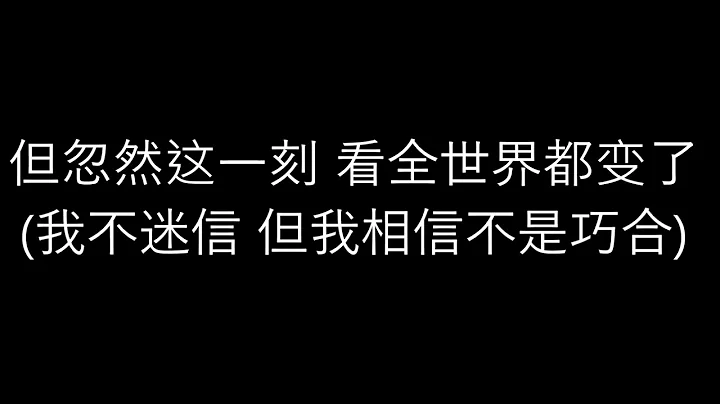

![[ENG SUB]【纯享】常石磊、GAI、王源演绎林忆莲经典老歌《爱上一个不回家的人》,值得单曲循环亿遍!|《我们的歌II》Singing with legends S2 EP7【东方卫视官方频道】 - DayDayNews](https://i.ytimg.com/vi/8W2yEMj2Dkg/hq720.jpg?sqp=-oaymwEcCNAFEJQDSFXyq4qpAw4IARUAAIhCGAFwAcABBg==&rs=AOn4CLCb5fibuIEtzY57lvjlriHgVc5WVA)


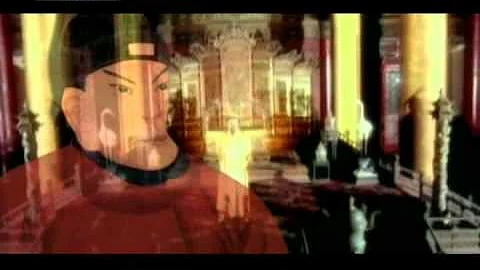


![[新還珠格格插曲] Love at First Sight 一見鍾情 (Karaoke + Translation + pinyin) - DayDayNews](https://i.ytimg.com/vi/PzXvHZ7qipk/hq720.jpg?sqp=-oaymwEcCNAFEJQDSFXyq4qpAw4IARUAAIhCGAFwAcABBg==&rs=AOn4CLCceMDqeKmgr8eKDPSL9KyU0iZfEQ)
![[Documentary] The Daming Palace &Tang Dynasty (618 - 907 AD) 唐朝大明宫 - DayDayNews](https://i.ytimg.com/vi/SoSIpWbqS60/hqdefault.jpg?sqp=-oaymwEcCOADEI4CSFXyq4qpAw4IARUAAIhCGAFwAcABBg==&rs=AOn4CLDINzuwhoDWKXI3XRys4PUpsrGKJA)
